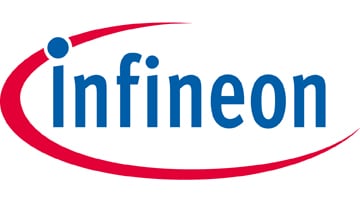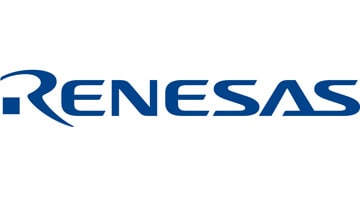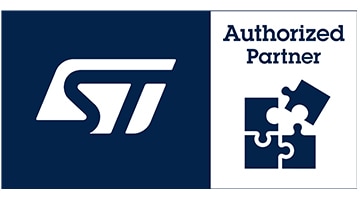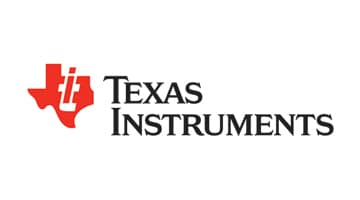Microchip PIC16F18326 | Demoboard Wireless 5W Charging Transmitter Reference Design
Microchip 5W Qi Wireless Transmitter
Details
| Topologie | Drahtlose Energieübertragung |
| Eingangsspannung | 5 V |
| IC-Revision | 1 |
Beschreibung
The Microchip wireless charging transmitter described in this document is a Basic Power Profile (BPP) charger compatible with the wireless charging Qi 1.1 protocol [1]. The solution includes advanced options, such as efficiency based Foreign Object Detection (FOD) and receiver protection.Since the wireless Qi receivers are backwards compatible, this solution is compatible with receivers supporting (up to the current) version 1.3 of the protocol [1] and has a power limit of 5W (measured on the RX side).Microchip offers a total system solution for Qi wireless charging, comprising of a transmitter and two types of receivers (linear and switching), with an overall system efficiency of more than 70% and full Li-Ion charging algorithm support, customizable for different chemistries.The transmitter is designed to use a minimal number of components, with only a PIC16F microcontroller, two MOSFET drivers and 3 operational amplifiers. The device is based on the Wireless Power Consortium (WPC) A11 reference [1 design and uses a 5V USB-C input to power the circuit.
Eigenschaften
- Wireless charging transmitter based on the 5W BPP A11 reference design
- Charges most Qi-enabled devices at 1A
- 5V USB-C input
- Efficiency based FOD
- Resonant tank voltage/current protections
- UART interface and GUI
Typische Anwendungen
- handheld devices wirelessly
- consumer electronics
Weiterführende Informationen
Artikeldaten
| Artikel Nr. | Datenblatt | Simulation | |
|---|---|---|---|
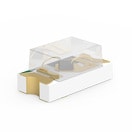 | 150060GS75000 | SPEC | |
 | 150060RS75000 | SPEC | |
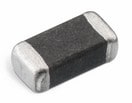 | 742792116 | SPEC | |
| 885012206027 | SPEC | ||
| 885012207094 | SPEC | ||
| 885012208069 | SPEC | ||
 | 760308101304 | SPEC | |
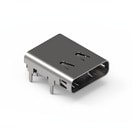 | 632723300011 | SPEC | – |
 | 885382206002 | SPEC |
| Muster |
|---|
| Artikel Nr. | Datenblatt | Simulation | Downloads | Status | Produktserie | λDom typ. (nm) | Farbe | λPeak typ. (nm) | IV typ. (mcd) | VF typ. (V) | Chiptechnologie | 2θ50% typ. (°) | C | Tol. C | VR (V (DC)) | Betriebstemperatur | DF (%) | RISO | L (mm) | W (mm) | H (mm) | Fl (mm) | Keramiktyp | Verpackung | Anwendung | Interface typ | Gender | Pins | Montageart | Leiterplattendicke (mm) | Arbeitsspannung (V (DC)) | Z @ 100 MHz (Ω) | Zmax (Ω) | Testbedingung Zmax | IR 2 (mA) | RDC max. (Ω) | Typ | Compliance | Bauform | L (µH) | IR (mA) | fres (MHz) | Q (%) | P (W) | Muster |
|---|

